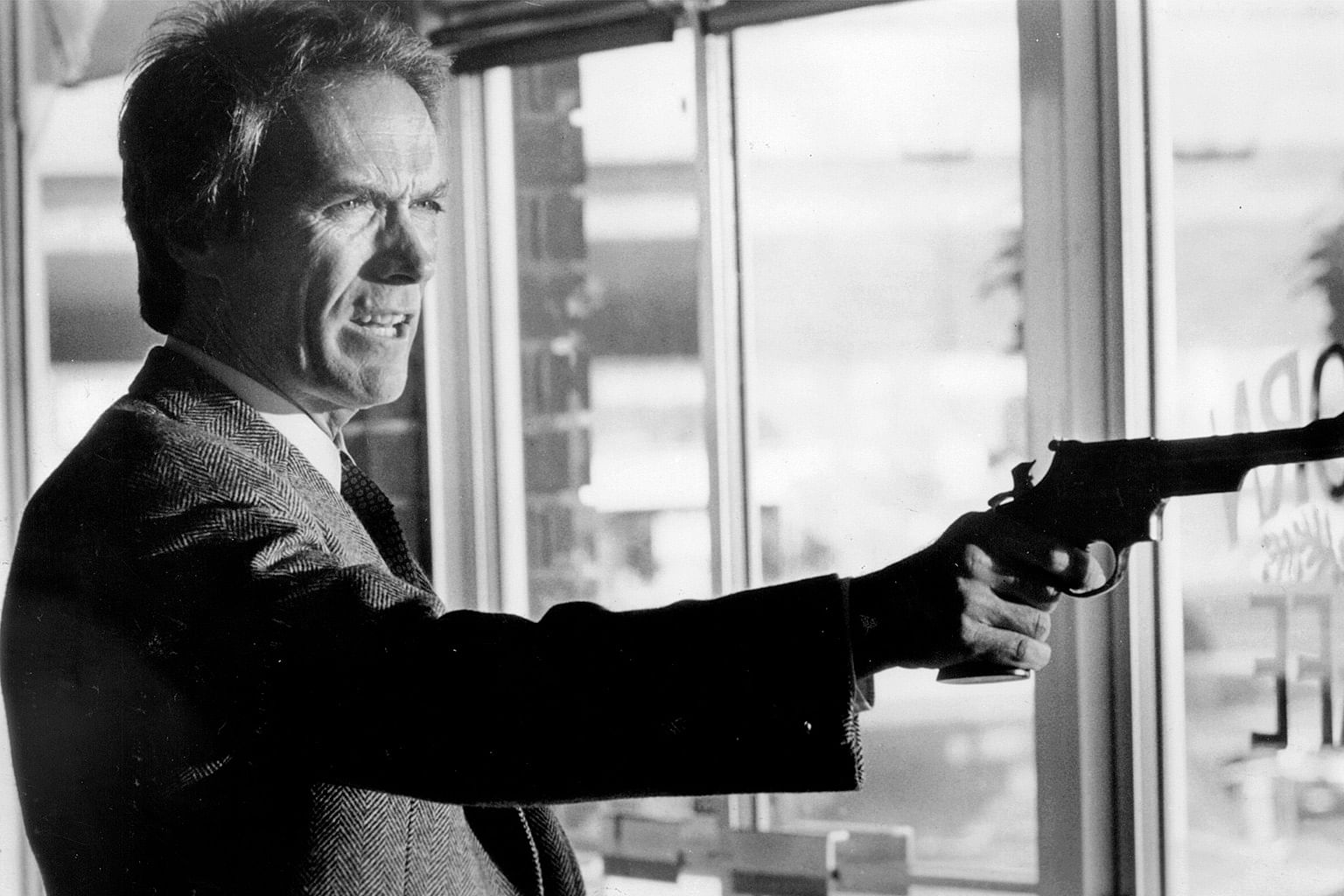With the death of American George Floyd, which sparked Black Lives Matter protests across the United States and other parts of the world, a word - copaganda, which means pro-cop propaganda - has been bandied about on social media.
Some feel that Hollywood is responsible for helping to shape the myth of the "thin blue line", that an army in blue stands between upstanding citizens and a criminal horde. The criminals are often portrayed as made up of non-white persons.
In an act of atonement, actors on the police comedy series Brooklyn Nine-Nine (2013 to present) donated to the Black Lives Matter movement. One of the longest-running shows on television, reality series Cops was cancelled in response to the protests, after a run of 33 seasons that started in 1989.
The cop drama Dirty Harry (1971), many say, normalises the idea that nothing is out of bounds when it comes to subduing bad guys. Clint Eastwood plays the rule-breaking character who has been copied ad nauseam in other films and television shows.
Today, works like the 2016 Disney animated film Zootopia (PG, 109 minutes, iTunes or Google Play, Rating: 3 Stars) appear to be much more enlightened, but actually score high on the copaganda scale.
The rabbit Judy (voiced by Ginnifer Goodwin) is a good cop who discovers that predators such as her friend Nick (Jason Bateman), a fox, have been persecuted as a race because of a hoax. Once the hoax is uncovered, racism in the police force vanishes.
Films like this, and the 2017 Netflix police drama Bright (M18, 117 minutes, Netflix, Rating: 2.5 Stars), sell the idea that officers can unlearn racist behaviour when recent events show that years of sensitivity training has done little to stop police brutality.
In Bright, good officer Daryl (Will Smith) lives in a world where fantasy races, such as orcs and fairies, are real. Orcs are universally despised. After orc policeman Jakoby (Joel Edgerton) saves the day, Daryl's opinion of orcs changes.
One problem with films like Bright, activists say, is that Jakoby has to make an extraordinary sacrifice to prove to Daryl he is "not like the others". It is a common movie trope for a non-white sidekick to go out of his way to show he is an exceptional member of his race, that he is "one of the good ones". Because the film assumes racist stereotypes are real, racist behaviour by the police is justified.
You would think that director Spike Lee, known for films that elevate black figures (the biopic Malcolm X, 1992) and for his anti-racism activism, would be aware of copaganda, yet there are traces of it in his 2018 comedy-biopic BlacKkKlansman (NC16, 135 minutes, iTunes or Google Play, Rating: 3.5 Stars).
Set in the 1970s, black policeman Ron Stallworth (John David Washington) goes undercover to foil the racist Ku Klux Klan organisation. In the film, good cops eagerly bring bad cops to justice, when recent news events have shown that the last thing officers want to do is turn in a fellow cop.


For a police drama completely free of copaganda, catch the harrowing 2017 documentary Traffic Stop (PG13, 29 minutes, HBO Go, Rating: 4 Stars). It tells the story of 26-year-old Breaion King, an African-American teacher who is stopped by the police while driving. Dash cameras capture the shocking events that would have likely not happened if Ms King were not black.

